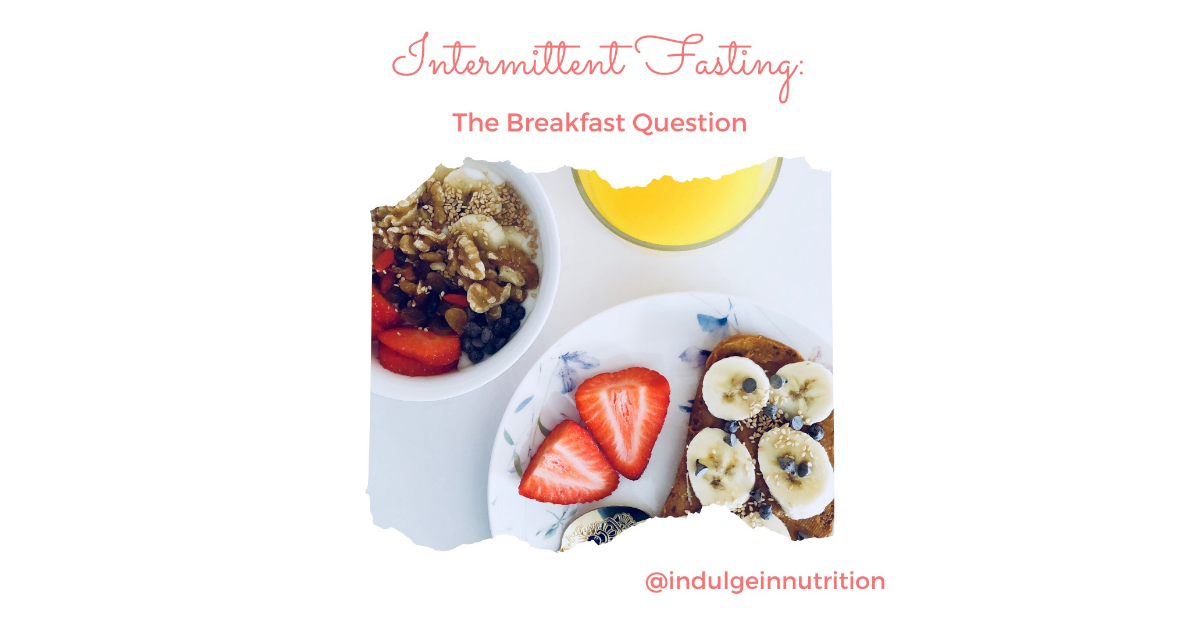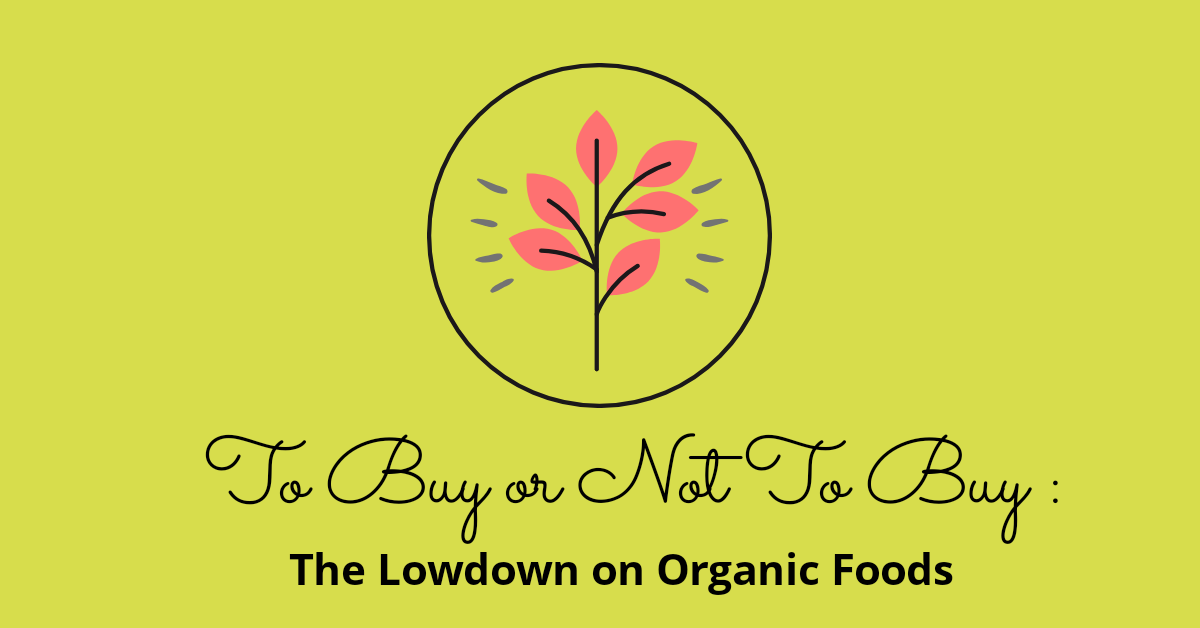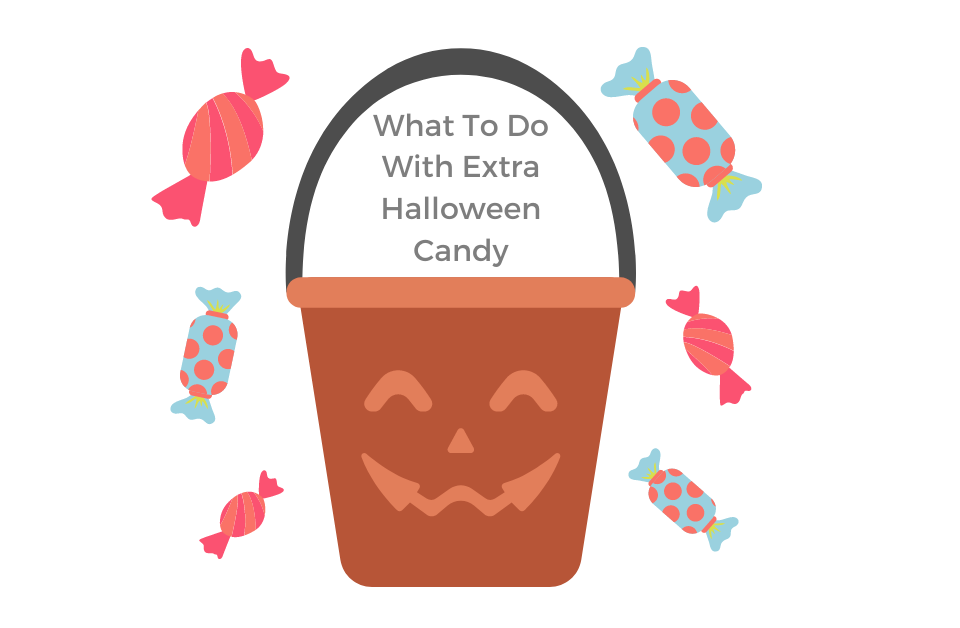
Intermittent Fasting: The Breakfast Question
July 20, 2020
Cheers!: Skinny Summer Sips You Can Feel Good About
August 3, 2020
My clients often express feeling so bombarded with labels at the grocery store! I’m sure you can relate! I mean, everyone just wants to get in and get out as quick as possible (grocery store trips can be stressful especially if you have kiddos with you). However, some labels are hard to miss, especially when you walk into the produce section – the green banner yelling “ORGANIC” beckons people to spend a little extra on their strawberries or spinach. What’s up with organic foods? What difference does that little label really make on the food we eat?
Let’s define organic.
USDA guidelines define organic food like this:
- No use of GMOs (genetically modified organisms). Those giant, juicy apples you see on display that dwarf the organic apples? Yeah, probably grown with GMOs!
- Animals are raised in their natural preferred living conditions (like sheep or cows in a pasture) and are fed 100% organic food
- No artificial colors, preservatives, or flavors
- No use of pesticides and fertilizers that haven’t been okayed by the USDA
Here are some things you might not know…
- Pesticides and herbicides are still used on organic crops! They just have to get the thumbs up from the USDA.
- Just because something isn’t labeled as organic doesn’t mean it’s not organic! Companies have to pay for that label; maybe a company says “We don’t feel like paying for that” because the cost for the label is too expensive or they don’t feel like filling out all that paperwork.
- Organic does not mean healthy! It has nothing to do with the nutrition content of food. Organic practices only have to do with how something is grown, not what’s in it. For example, organic sugar is still just sugar, but because it has the label on it, more can be charged for it.
Buy what makes you the most comfortable!
If you feel more at ease buying foods with an organic label, go for it! There’s nothing wrong with buying things like organic produce if it makes you feel better to eat it. However, with other organic foods, make sure you take time to look at the actual ingredients of what you’re buying – like organic cookies! Now that you’re up to speed with the lowdown on the organic label, pay attention to how these facts might influence what you buy!
P.S. Here are some standards you can look at that describe how certain things are able to pass as organic – check it out!



